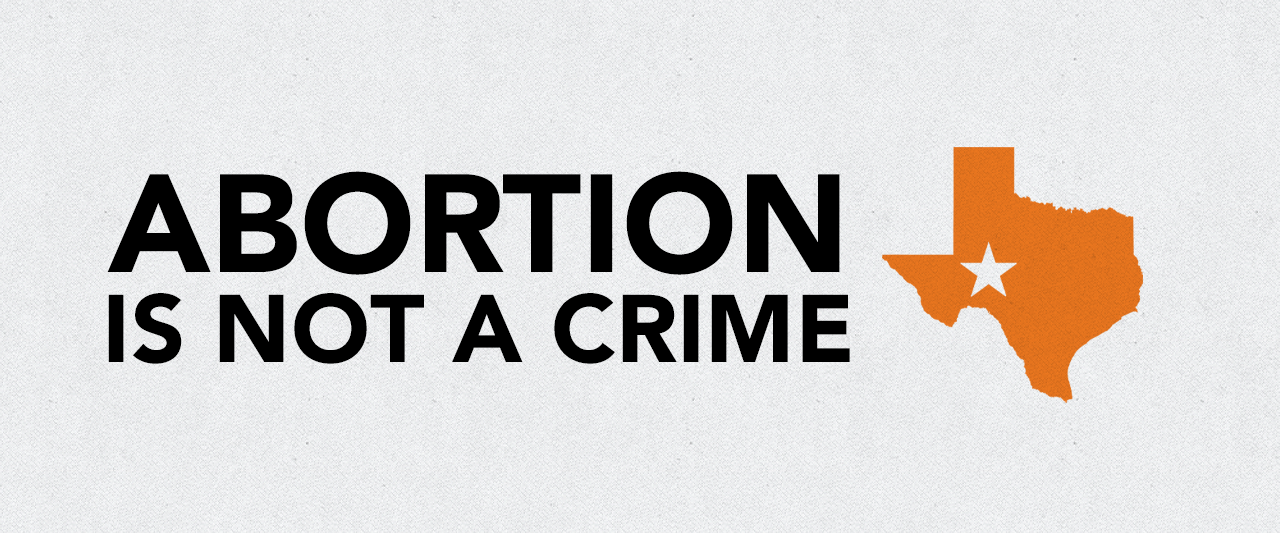Among the hundreds of anti-abortion legal restrictions enacted in the United States in recent years—nearly 100 in 2021 alone—Texas Senate Bill 8 is the most draconian of all. It effectively bans abortion in the state, thereby reducing Roe v Wade into a ruling without meaning or consequence. A constitutional right has been stripped from the people of Texas by extremists.
And its method is insidious. SB 8 does not criminalize the person seeking an abortion. It instead incentivizes citizens to sue abortion providers or anyone else—from clinic workers to taxi drivers—who in some way “aid and abet” the abortion procedure. It’s another example of the influence of the growing anti-rights movement
This latest action undermines the role of the United States as a global leader in promoting and protecting the sexual and reproductive health and rights of people in the U.S. and around the world. The Texas law aligns the U.S. with countries where abortion is either banned outright or highly restricted:
- In Brazil, where police raided a private family planning clinic in 2007, confiscating the medical records of more than 9,600 female patients. Four staff members at the clinic eventually were prosecuted for participating in abortions and received prison sentences ranging from four to seven years.
- The complete ban on abortion in Nicaragua meant that, in 2010, doctors refused to provide chemotherapy to a pregnant woman with aggressive cancer—because anything that could harm a fetus, even lifesaving medical treatments for the pregnant person, are banned and could land medical providers in jail.
- And in El Salvador, where abortion is also banned, one woman’s case drew international attention. She suffered a miscarriage after a fall and was sentenced to 30 years in prison because hospital staff believed she had intentionally tried to induce an abortion.
Do we want to see such injustices here?
We stand with advocates, activists, abortion providers and others in Texas who have dedicated their lives to helping people access abortion care. Most of all, we express our solidarity with the people who will now be denied access to an essential health service. In the face of this near-total abortion ban and the deluge of other anti-abortion measures, Ipas will continue to work with partners around the world to fight for the right to bodily autonomy and reproductive justice for all.


